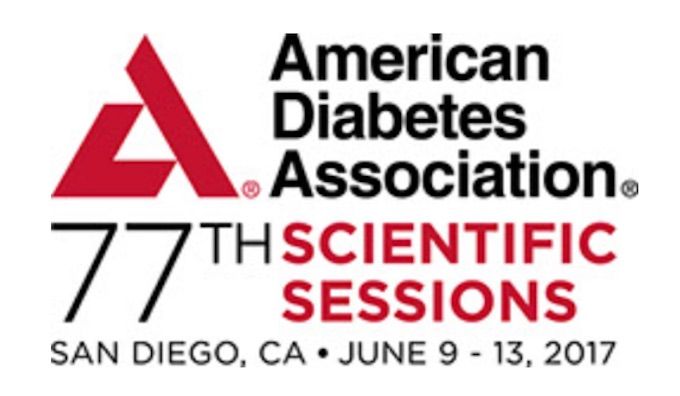Article
DEVOTE Trial Demonstrates Cardiovascular Safety and Reduces Risk of Severe Hypoglycemia
Author(s):
New-generation insulin found to have comparable cardiovascular safety to insulin glargine and significantly reduce episodes of severe hypoglycemia.

The results of the international DEVOTE trial studying the effects of insulin degludec in more than 7600 patients with type 2 diabetes (T2D) were presented in a symposium today at the American Diabetes Association (ADA)’s 77th Scientific Sessions in San Diego.
The new, ultra-long acting insulin was found to have comparable cardiovascular safety to insulin glargine 100 Units and to also be associated with significant reductions in severe hypoglycemia.
A Phase 3, multicenter, randomized, double-blind study, DEVOTE evaluated relative cardiovascular safety of insulin degludec (Tresiba®, Novo Nordisk) compared with insulin glargine (Lantus®, Sanofi) when added to a standard regimen for patients with T2D.
“The results from DEVOTE are very exciting and will add to the mounting clinical evidence to help inform clinicians' decisions when choosing a basal insulin. The results also continue to reinforce our belief in the hypoglycemia benefit of Tresiba,” Todd Hobbs, MD, vice president and chief medical officer for Novo Nordisk, told MD Magazine®.
Insulin degludec is a new-generation injectable basal insulin that is administered once daily and provides a duration of action lasting at least 24 hours. As the most commonly prescribed insulin for patients with T2D, insulin glargine’s safety was established through 2012’s published ORIGIN trial results.
In DEVOTE, 7637 patients with T2D who were at high risk of major adverse cardiovascular events (MACE) were evaluated for approximately 2 years at 436 sites in 20 countries. Out of the total population, 6506 patients had prior cardiovascular disease or chronic kidney disease, and the remaining patients had multiple cardiovascular risk factors.
The patients were randomized to receive either the injectable, once-daily insulin degludec or insulin glargine, in addition to their other medications. Neither the patients nor the providers knew which insulin was being administered.
The results confirmed insulin degludec’s safety compared with insulin glargine by demonstrating non-inferiority of MACE, such as first occurrence of cardiovascular death, non-fatal myocardial infarction, or non-fatal stroke, with a hazard ratio of 0.91 favoring insulin degludec. There was no statistically significant difference between the 2 treatments.
The outcome of DEVOTE also demonstrated insulin degludec’s hypoglycemic benefit. Severe hypoglycemia, the most serious treatment risk related to insulin therapy, is defined as an episode of low blood glucose profound enough for the patient to require intervention to recover. As the most serious acute complication of insulin therapy, severe hypoglycemia can lead to seizures, coma, and death. Insulin degludec resulted in a 27% reduction in the number of patients experiencing an episode, and a 40% reduction overall in the number of total episodes. Patients treated with insulin degludec also experienced a 53% reduction in the number of nocturnal episodes of severe hypoglycemia.
“The findings of the DEVOTE study are in line with previous clinical trials comparing insulin degludec to insulin glargine U100, so we are pleased to be able to provide conclusive evidence regarding the safety of insulin degludec for patients with type 2 diabetes who are at high risk of cardiovascular complications,” study investigator Steven Marso, MD, chief medical officer for HCA Midwest Health cardiovascular services, said in a news release prior to the study results presentation at the ADA meeting.
“These results will provide reassurance for both people with type 2 diabetes and their healthcare providers that this new insulin product has comparable cardiovascular safety to [insulin glargine],” study investigator John Buse, MD, PhD, director of the Diabetes Center, director of the NC Transitional and Clinical Sciences Institute, and executive associate dean for clinical research at the University of North Carolina School of Medicine in Chapel Hill said in the same news release. “It is exciting that with [insulin degludec] patients can achieve positive glycemic control along with a major reduction in the risk of severe hypoglycemia, particularly nocturnal severe hypoglycemia.”





